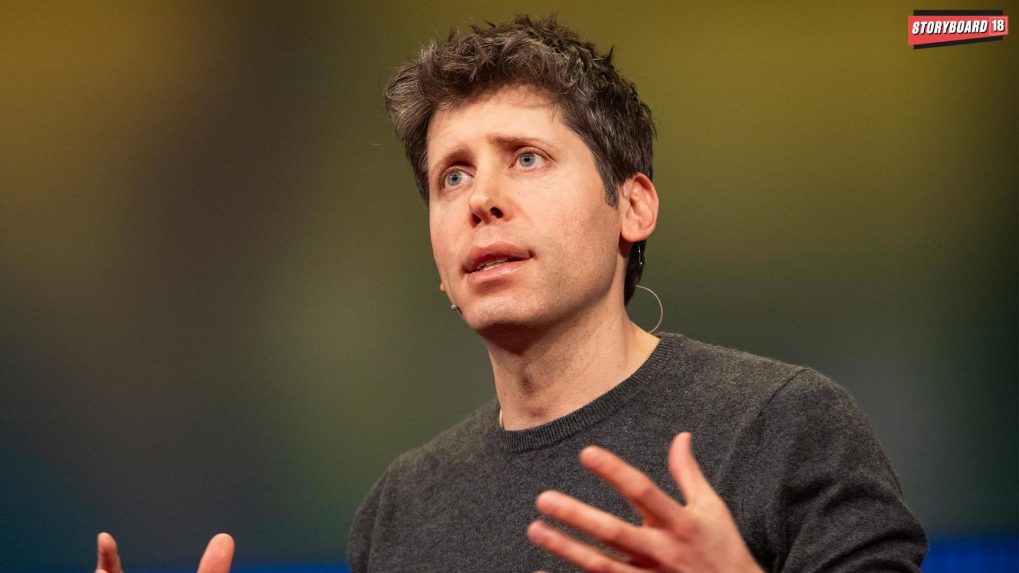Digital
Why OpenAI is hiring 100 ex-bankers: Inside the ChatGPT-maker's secret project to automate Wall Street's grunt work

OpenAI chief executive Sam Altman has said the company is on track to develop a fully autonomous “AI researcher” by 2028, capable of independently conducting large-scale scientific projects.
Speaking during a livestream on Tuesday, Altman said OpenAI’s deep learning systems are evolving rapidly, with the company projecting it will reach the level of an “intern-level research assistant” by September 2026 and a “legitimate AI researcher” within two years after that.
The announcement coincided with OpenAI’s transition to a public benefit corporation, marking a significant shift from its non-profit origins. The restructuring removes limits tied to its former non-profit charter and allows greater flexibility in raising capital and scaling operations.
Joining Altman on the livestream, Jakub Pachocki, OpenAI’s Chief Scientist, described the envisioned AI system as one that can autonomously deliver complex research projects end-to-end. He said the company believes deep learning systems could be less than a decade away from achieving superintelligence, defined as capabilities that exceed human performance across a broad range of critical tasks.
To reach that milestone, Pachocki outlined two core strategies: algorithmic innovation and expanding “test-time compute” — the time models are allowed to process and reason through problems. He noted that current systems can already match top human performers in contests such as the International Mathematical Olympiad, but the goal is to extend their problem-solving capacity dramatically, even if that means dedicating entire data centres’ worth of computing power to single research challenges.
OpenAI’s long-term vision, Altman said, is to accelerate scientific discovery and innovation by enabling AI systems to tackle complex problems faster and beyond current human capability — spanning fields such as medicine, physics, and advanced technology development.
Altman added that the company’s new governance structure would support this ambitious timeline while ensuring responsible AI development. Under the new model, the non-profit OpenAI Foundation will own 26% of the for-profit arm and steer research direction. The foundation, which holds a $25 billion commitment to using AI for disease research and scientific advancement, will also manage AI safety and oversight initiatives.
Altman further revealed that OpenAI has committed to building 30 gigawatts of AI infrastructure — representing a $1.4 trillion investment over the coming years — to support these efforts.
From purpose-driven work and narrative-rich brand films to AI-enabled ideas and creator-led collaborations, the awards reflect the full spectrum of modern creativity.
Read MoreIn a wide-ranging interview with Storyboard18, Sorrell delivers his frankest assessment yet of how the deal will redefine creativity, media, and talent across markets.